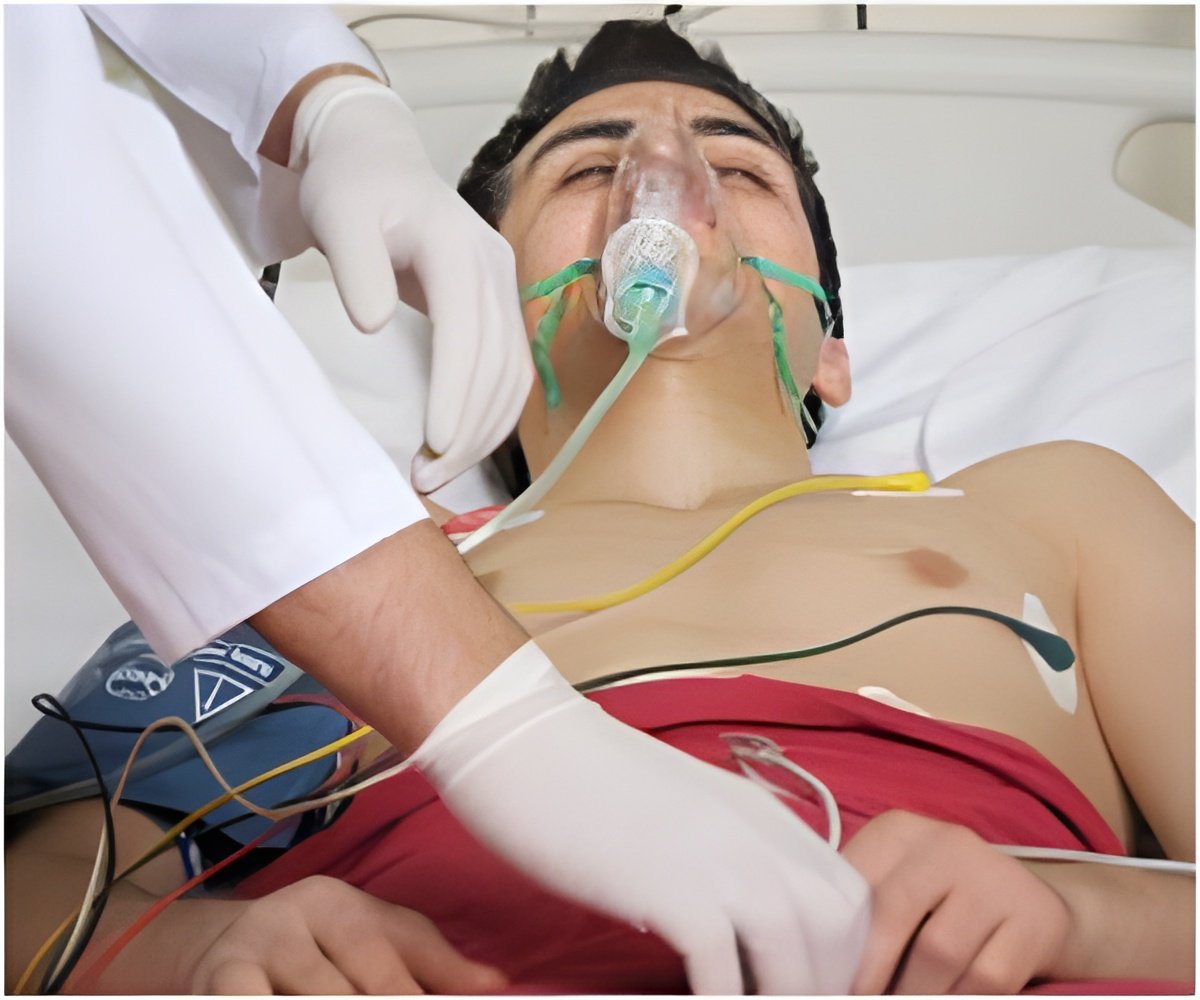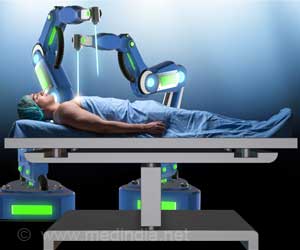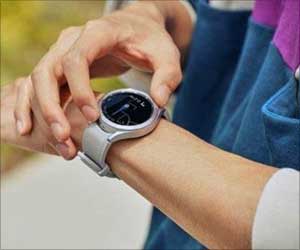
Researchers exploring the complex stream of cellular signals produced by the body in response to a traumatic injury believe the initial response - formation of a blood clot - may control subsequent healing.
Using that information, Georgia Tech researchers are developing new biomaterials, including artificial blood platelets laced with regulatory chemicals that could be included in an injector device the size of an iPhone.
Formation of "designer" blood clots from the artificial platelets would be triggered by the same factor that initiates the body's natural clotting processes. In animal models, the synthetic platelets reduced clotting time by approximately 30 percent, though the materials have not yet been tested in humans.
"The idea is to have on the battlefield technologies that would deliver a biomaterial capable of finding where the bleeding is happening and augmenting the body's own clotting processes," said Thomas Barker, an associate professor in the Wallace H. Coulter Department of Biomedical Engineering at Georgia Tech and Emory University.
"Simultaneously, the material would help instruct the biochemistry and biophysics of the clot structure that would govern subsequent healing," he added.
Advertisement
Georgia Tech researchers are working on both sides of the problem, developing cell signaling techniques that may head off the formation of scars - as well as techniques for addressing the fibrosis that is often the long-term result. Beyond helping halt the bleeding, the synthetic platelets would deliver regulatory chemicals designed to prevent scarring.
Advertisement
To develop these hydrogels, Barker is collaborating with Andrew Lyon, a professor in Georgia Tech's School of Chemistry and Biochemistry.
Though the research focuses on the needs of soldiers injured on the battlefield, many of the technologies could ultimately find civilian use. Because the artificial platelets would only activate when the encounter thrombin-activated fibrin, they could be used by emergency medical technicians treating patients in which internal bleeding is suspected, Barker said.
He presented detail of the research in a briefing at the annual meeting of the American Association for the Advancement of Science (AAAS).
Source-ANI







